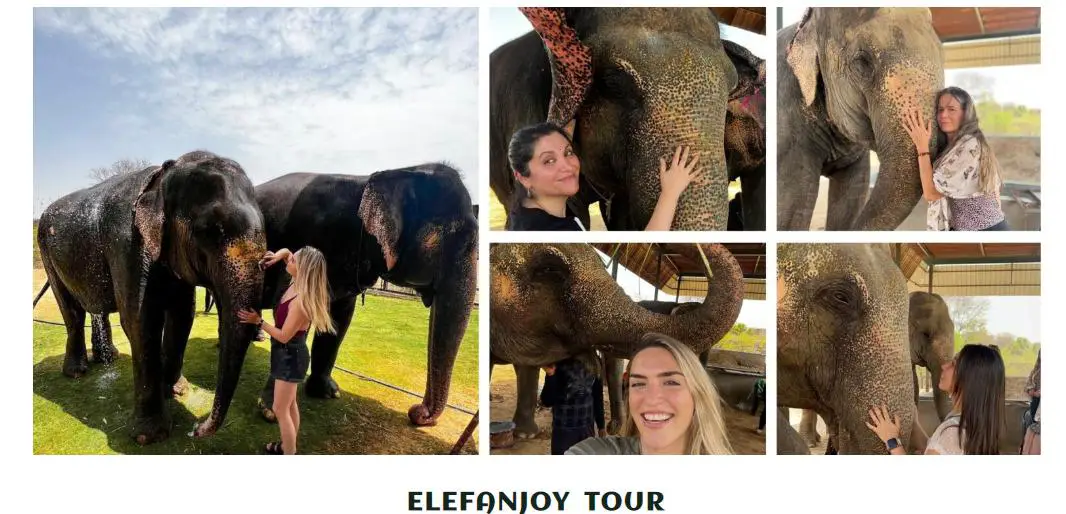Several factors contribute to shaping the trajectory of elephant tourism in the country:
-
Shift Towards Ethical Wildlife Tourism:
- There is a growing global awareness and advocacy for ethical wildlife tourism. Travelers are increasingly seeking experiences that prioritize the well-being and conservation of animals, including elephants.
-
Animal Welfare Concerns:
- Ongoing concerns about the treatment of elephants in captivity and during tourism-related activities have led to increased scrutiny and calls for ethical practices. Organizations and activists advocate for alternatives that prioritize the welfare of elephants.
-
Conservation Initiatives:
- Conservation organizations and wildlife authorities are working to implement sustainable and conservation-focused tourism practices. Some wildlife reserves and national parks may shift towards alternative safari methods, such as jeep safaris, to reduce the impact on elephants.
-
Legislation and Regulations:
- Changes in legislation and regulations governing wildlife tourism and the treatment of captive elephants can significantly impact the availability of elephant rides. Authorities may introduce stricter guidelines to ensure the ethical treatment of elephants.
-
Promotion of Responsible Tourism:
- The promotion of responsible tourism practices is gaining momentum. Tour operators, travel agencies, and governments are encouraging tourists to choose wildlife experiences that align with ethical standards and contribute to conservation efforts.
-
Alternative Safari Methods:
- Some national parks and wildlife reserves are exploring and promoting alternative safari methods, such as jeep safaris, boat safaris, and walking safaris. These methods provide opportunities for wildlife observation while minimizing the impact on elephants.
-
Community Involvement:
- Involving local communities in wildlife tourism initiatives and ensuring that they benefit from conservation efforts can contribute to sustainable practices. Community-based tourism models may influence the future of elephant tourism.
-
Educational Initiatives:
- Educational programs and initiatives aimed at raising awareness about the natural behaviors of elephants, their conservation status, and the impact of tourism on their well-being may shape public perception and preferences.
It's important to note that the future of elephant rides in India is dynamic, and developments may occur based on the collective efforts of conservationists, policymakers, tour operators, and the general public. Travelers can play a crucial role by making informed and ethical choices, supporting initiatives that prioritize animal welfare and conservation, and staying updated on trends in responsible wildlife tourism.
See more
Elephant sanctuary, Ethical tourism,
